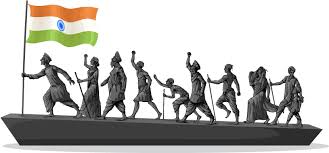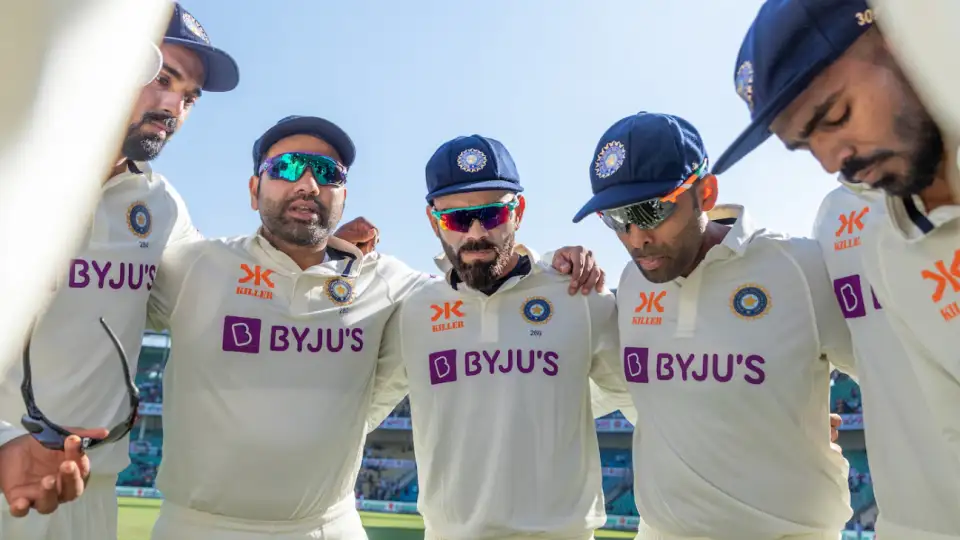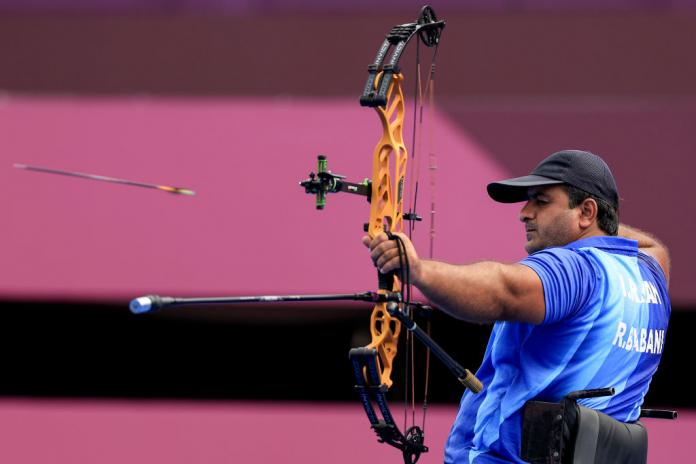On August 15th, 2024, India will mark its 78th Independence Day. This momentous occasion commemorates the day in 1947 when India broke free from British rule, reclaiming its sovereignty. For patriotic Indians, history buffs, travel enthusiasts, and cultural explorers, this day is more than just a national holiday; it is a celebration of India is rich history, vibrant culture, and enduring spirit of freedom. In this blog post, we will explore the significance of Independence Day, its historical background, unique ways to celebrate, and the best places to visit during this time. By the end of this article, you will have a deeper understanding of why this day is so special for millions of Indians.
The Historical Significance of Independence Day
Independence Day marks the culmination of a long and arduous struggle for freedom led by countless brave men and women. From the Revolt of 1857 to the non-violent protests spearheaded by Mahatma Gandhi, the fight for independence was marked by numerous sacrifices. These efforts eventually led to the end of nearly 200 years of British colonial rule. On August 15, 1947, India finally gained its independence, setting forth on a new path as a democratic republic. The history of this day is not only a tale of struggle but also one of resilience and unity. The freedom movement brought together people from diverse backgrounds, religions, and regions to work towards a common goal. This unity in diversity remains a defining characteristic of India.
Key Figures of the Independence Movement
Several prominent figures played pivotal roles in India is quest for freedom. Mahatma Gandhi philosophy of non-violence and civil disobedience inspired millions to join the movement. His leadership was instrumental in uniting the masses against colonial rule. Subhas Chandra Bose, with his call for armed resistance, added a different dimension to the struggle. Leaders like Jawaharlal Nehru, Sardar Vallabhbhai Patel, and Dr. B.R. Ambedkar also made significant contributions. Their legacies continue to inspire future generations.
The Tri-Color and Its Symbolism
The Indian national flag, known as the Tiranga, holds immense significance. The three colors—saffron, white, and green—symbolize courage and sacrifice, peace and truth, and faith and chivalry, respectively. The Ashoka Chakra in the center represents the eternal wheel of law and dharma (righteousness). Hoisting the flag on Independence Day is a powerful reminder of the values that the nation upholds. It is a symbol of pride and unity for every Indian.
Traditional Celebrations Across India
Independence Day is celebrated with great fervor across the nation. The day begins with the Prime Minister hoisting the national flag at the Red Fort in Delhi, followed by a speech addressing the nation. This event is broadcast live, allowing millions to partake in the celebrations. Schools and colleges organize flag hoisting ceremonies, cultural programs, and patriotic speeches. Streets and buildings are adorned with tricolor decorations, and parades are held in various cities. The air is filled with patriotic songs and slogans.
Modern Ways to Celebrate Independence Day
In recent years, celebrations have evolved to include various modern elements. Social media platforms are abuzz with patriotic messages, videos, and images. Virtual events and webinars are organized to discuss India is progress and future. Many people also engage in community service activities, such as cleaning drives and charity events, to contribute to the nation well-being. These acts of service embody the spirit of unity and collective responsibility.
Visiting Historical Sites on Independence Day
For history enthusiasts and travel buffs, Independence Day is an excellent opportunity to visit historical sites associated with the freedom movement. The Red Fort in Delhi, Sabarmati Ashram in Ahmedabad, and Jallianwala Bagh in Amritsar are just a few places that offer a glimpse into Indias past. These sites are not only significant for their historical value but also serve as a reminder of the sacrifices made for freedom. Visiting them can be a deeply moving and educational experience.
Experiencing Cultural Diversity
India is cultural diversity is one of its greatest strengths. Independence Day celebrations showcase this diversity through various cultural programs, folk dances, and traditional music performances. Each region has its unique way of celebrating, reflecting its distinct cultural heritage. Whether it is the vibrant dance forms of the North-East or the classical music of the South, the day is a celebration of India is rich cultural tapestry.
The Importance of Patriotism and National Pride
Patriotism and national pride are deeply ingrained in the Indian psyche. Independence Day serves as a reminder of the importance of these values. It is a day to honor the sacrifices of the past and renew our commitment to the nation progress. Expressing patriotism can take many forms, from participating in flag hoisting ceremonies to supporting local businesses and artisans. Every small act of love for the nation contributes to its growth and prosperity.






Blog Comments